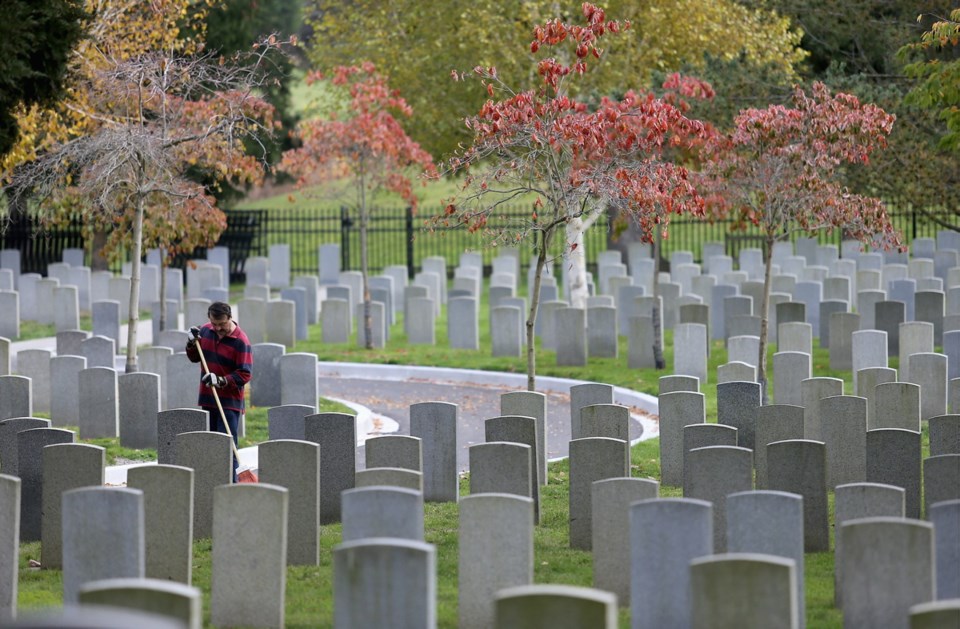Since 2010, when the first baby boomers hit official go-directly-past-Go-collect-CPP/OAS age, the number of people retiring from regular work has increased. Even though poor returns on investments and kids who continue to live at home have kept some working past age 65, the boomer bulge has inevitably crept up the age rankings. More and more boomers have cleaned out their desks and waved goodbye to office mates.
And every time one of them hands in their key fob to the office security person for the last time, a bit more corporate memory walks out the door. Even if they each leave filing cabinets full of papers, hard drives loaded with project documents and spreadsheets, and email accounts with carefully (or not) organized records of every significant discussion and decision reached during their tenure, the working memory that accumulated and is stored in each person’s noggin exits stage left.
Of course, it’s not just longtime employees whose departure leaves a company poorer. Anybody who has been with an organization, then leaves — for retirement, illness, greener pastures, whatever — takes their experience, experiences, and own particular insights and know-how with them.
The memory sticks left behind are overwritten, the notes are deleted, the files and tapes are shipped off to offsite storage — that great warehouse where records go to languish and become indistinguishable from all the other records, no matter how meticulously their metadata are documented.
Although succession planning and the passing along of corporate memory have been priorities for human resources professionals and organizational managers for decades, the concept doesn’t seem to have spread widely outside the workplace into society.
And tomorrow morning, we’ll get a glimpse of the cost of that again.
Seventy-four years have passed since the Second World War ended. The Korean War ended 66 years ago. The last Canadian veteran of the First World War died in 2010 — the last among us with personal experience of that brutal war of attrition.
Those who went off to fight were young at the time. Tomorrow, fewer veterans will show up at Remembrance Day ceremonies than did last year. A few more of those who do make it are a bit thinner, a bit more stooped, a bit harder of hearing, or in need of a bit more assistance navigating the pathway to the Cenotaph.
Age is a war of attrition that we all face eventually and, as they say in Mali, every time an old person dies, a library burns down. Every time one of our veterans shuffles off his or her mortal coil, their memories — part of Canada’s collective social memory of that time and those events — are lost to us all.
Sure, some veterans have left accounts of their wartime experiences. The late Frederick George Scott, Will Bird and Farley Mowat are examples.
Museums, libraries and archives have amassed collections of letters and diaries written at the time. These are complemented by oral histories, such as those compiled for the University of Victoria. The UVic Military Oral History Collection comprises more than 700 interviews of veterans of the First World War, the Second World War, the Korean War and the war in Afghanistan. These records provide excellent first-person detail.
Books that recount the trials and achievements of particular events, companies and even battalions also exist. Local author Mark Zuehlke has written award-winning accounts of the battles and campaigns fought by Canadians during the Second World War. Tim Cook, Desmond Morton, the Gwyns and Jack Granatstein are others who have recorded aspects of Canada’s military history. Novelists have also worked to capture aspects of the time.
Yet, no book or series, no collection of papers — not even all collections combined — can hope to capture the varied, diverse, individual and personal memories of each of millions of soldiers, support staff, doctors, nurses, ambulance drivers and so on who took part, gained and have held Canada’s collective social memory of those key events and years.
Businesses recognize that loss of corporate memory costs them. The costs can relate to declines in efficiency, loss of business contacts and influence, the deterioration of organizational identity, cohesion and culture, the increased risk of repeating mistakes, and more.
As our veterans exit stage left with their unique memories, what cost do we pay?



